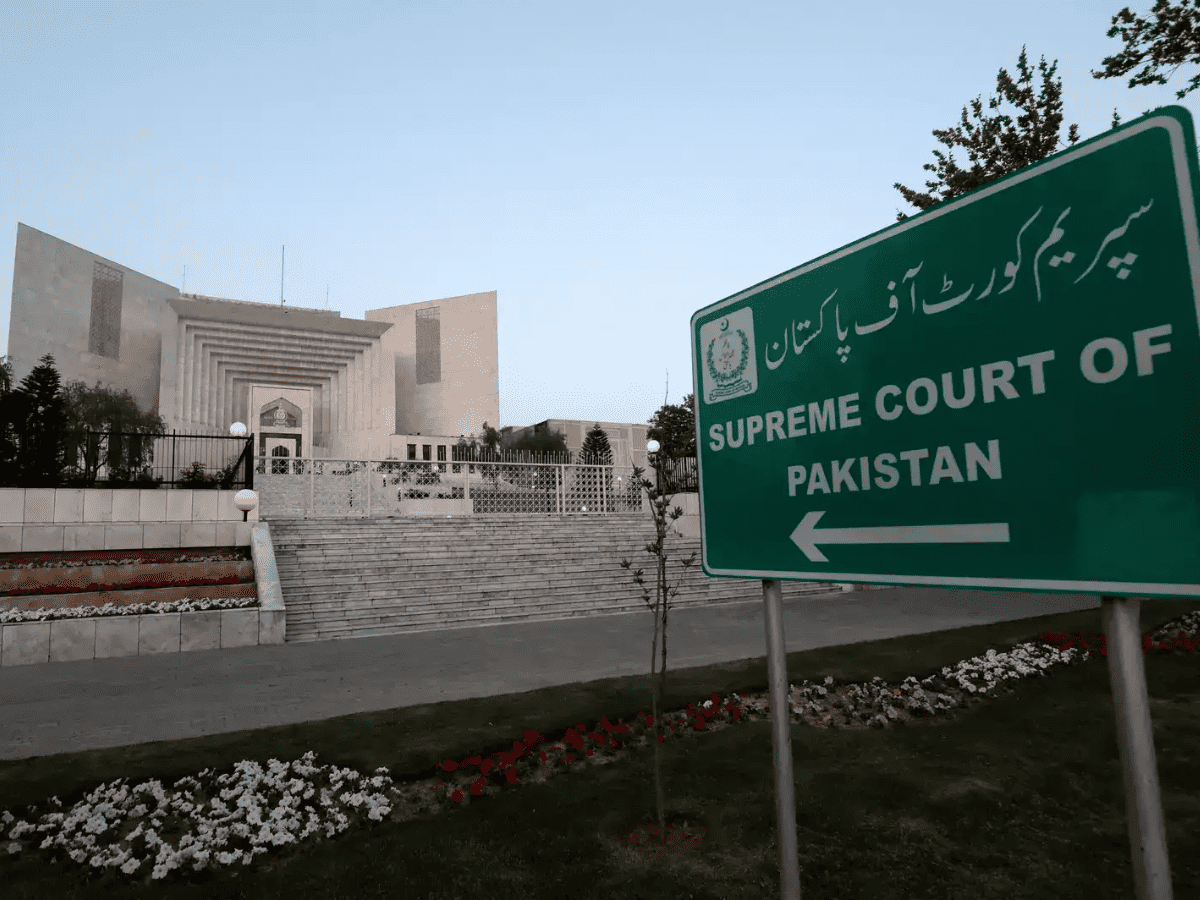
Islamabad: The Pakistan Tehreek-e-Insaf (PTI) on Monday challenged the deployment of the armed forces under Article 245 alleging that it was being used to “political(ly) victimise” the Imran Khan-led party and trial of the civilians accused of May 9 arson under military courts a “clear violation of due process” and Pakistan’s commitment to international laws, media reported.
The petition has been moved by PTI’s Additional Secretary General Omar Ayub Khan on behalf of the party, seeking the top court’s intervention under Article 184(3).
The petition has put 22 questions before the court asking for its input on the scope of the law, whether the requisition violates Article 17 or not and if the deployment is a “threat to the system of parliamentary democracy”.
The petition also asks the court to examine if the requisition of the armed forces is “malafide and in excess of jurisdiction” as the federal government had claimed that they could not be deployed due to the security situation during elections, Geo News reported.
The petition also questioned whether the labelling of the PTI as a “terrorist organisation” was a tactic not to hold elections and “oust” the Imran Khan-led party from the electoral process, Geo News reported.
“Whether the trial of civilians through military courts is a clear violation of the Constitutional guarantees of due process and fair trial and violation of Pakistan’s existing obligations under the International Covenant on Civil and Political Rights (ICCPR) as well as the jurisprudence developed by this Honourable Court?” asked the plea.
The petition also questioned the “federal government’s support” of the public gathering held by the Pakistan Democratic Movement (PDM) outside the Supreme Court showed a “discriminatory attitude” towards the use of Article 245 and Section 144.
